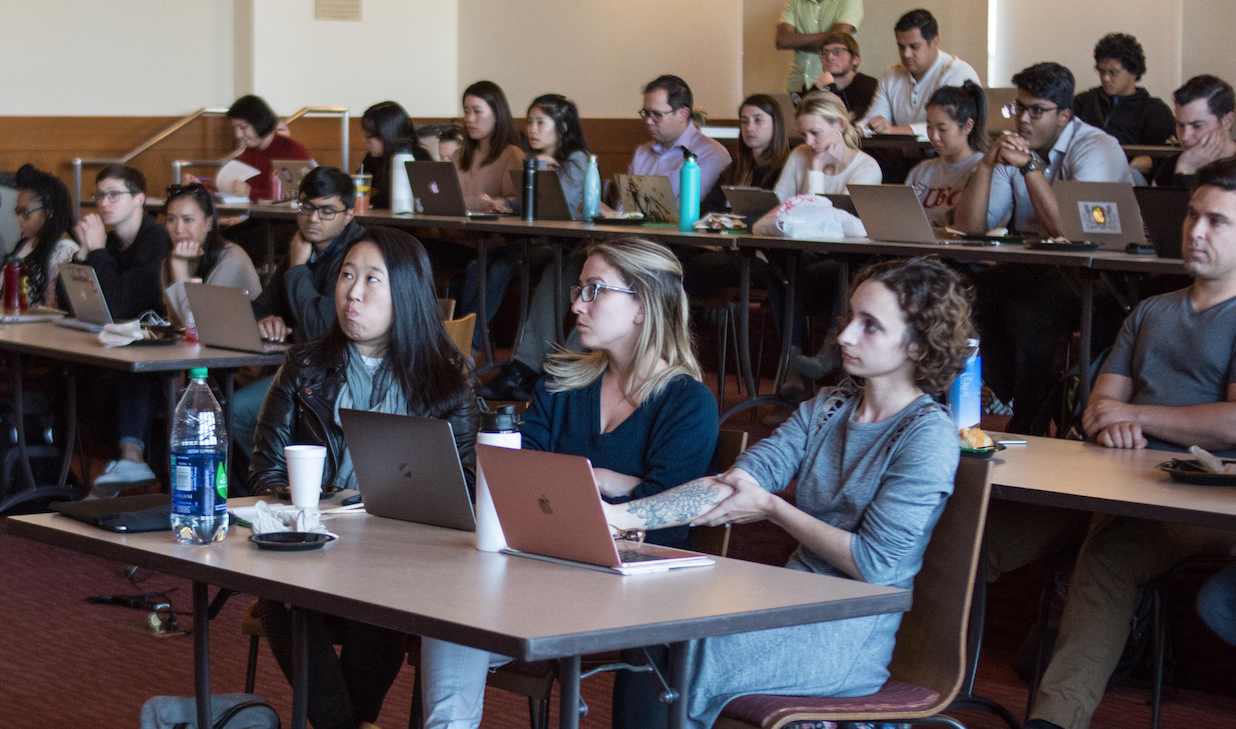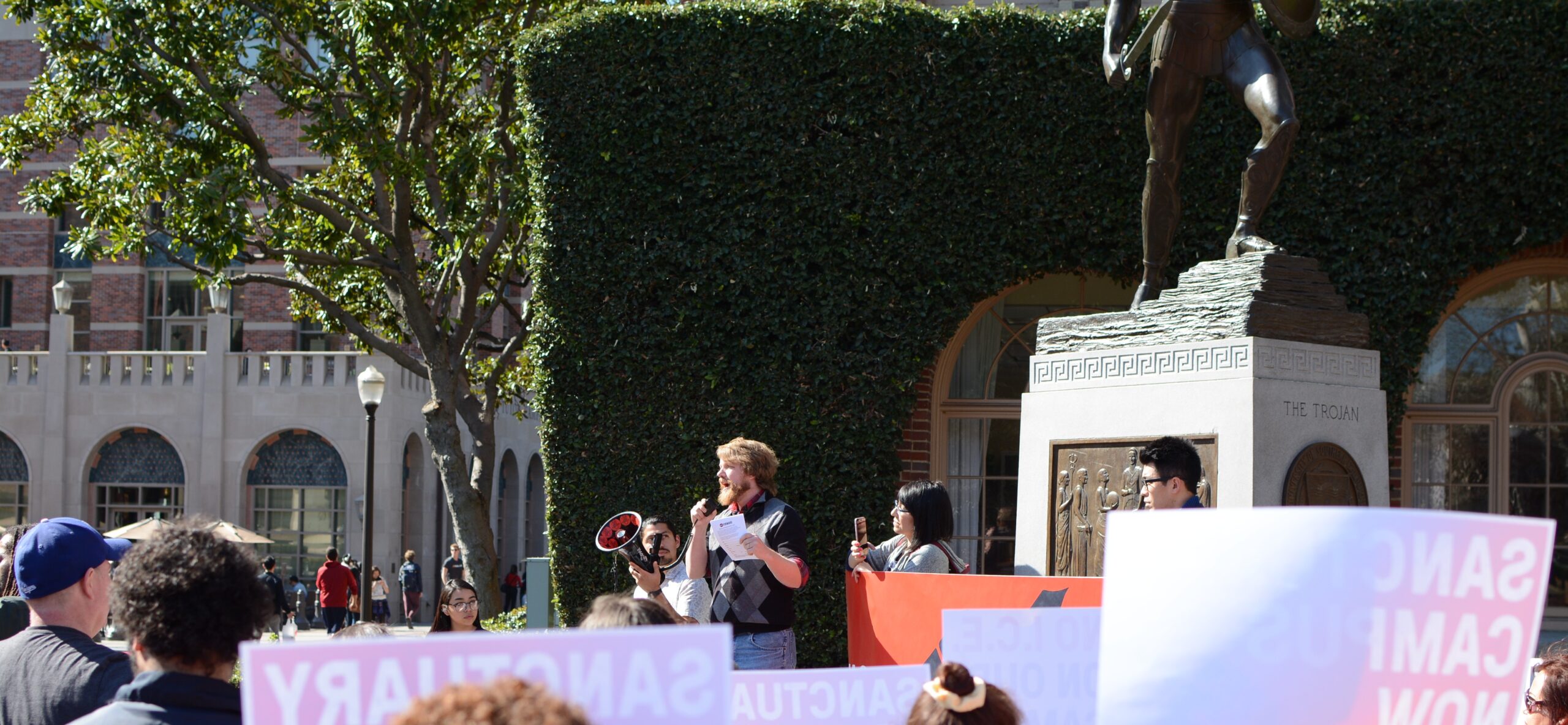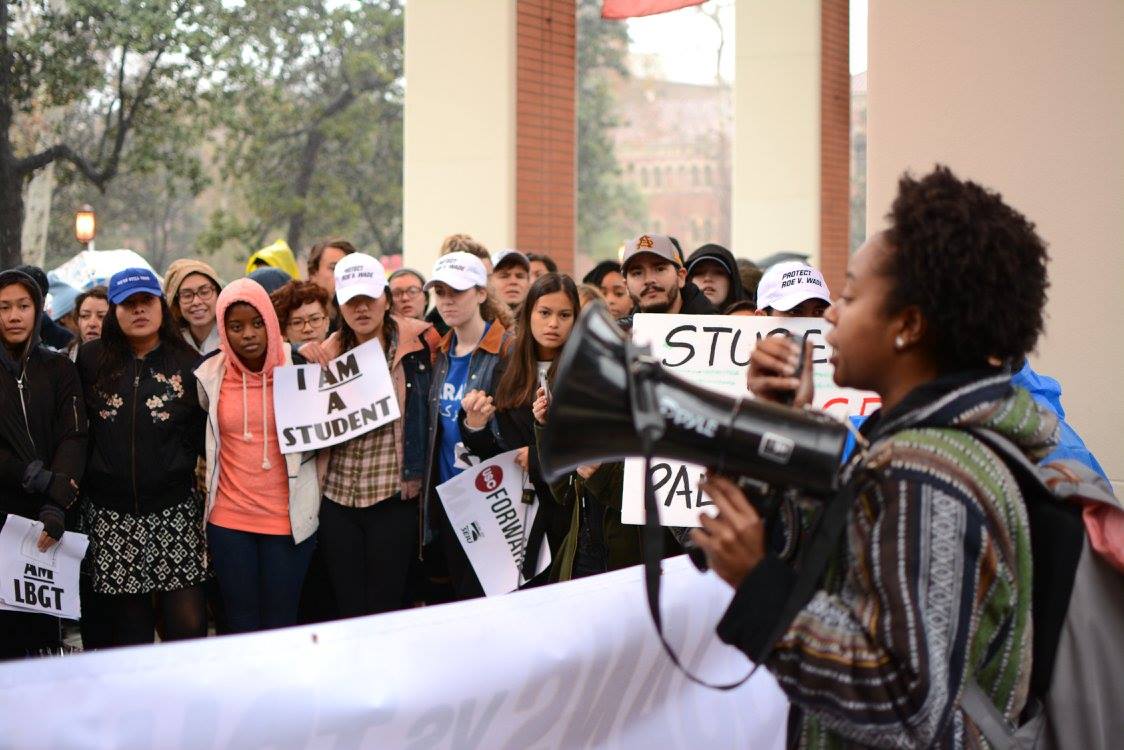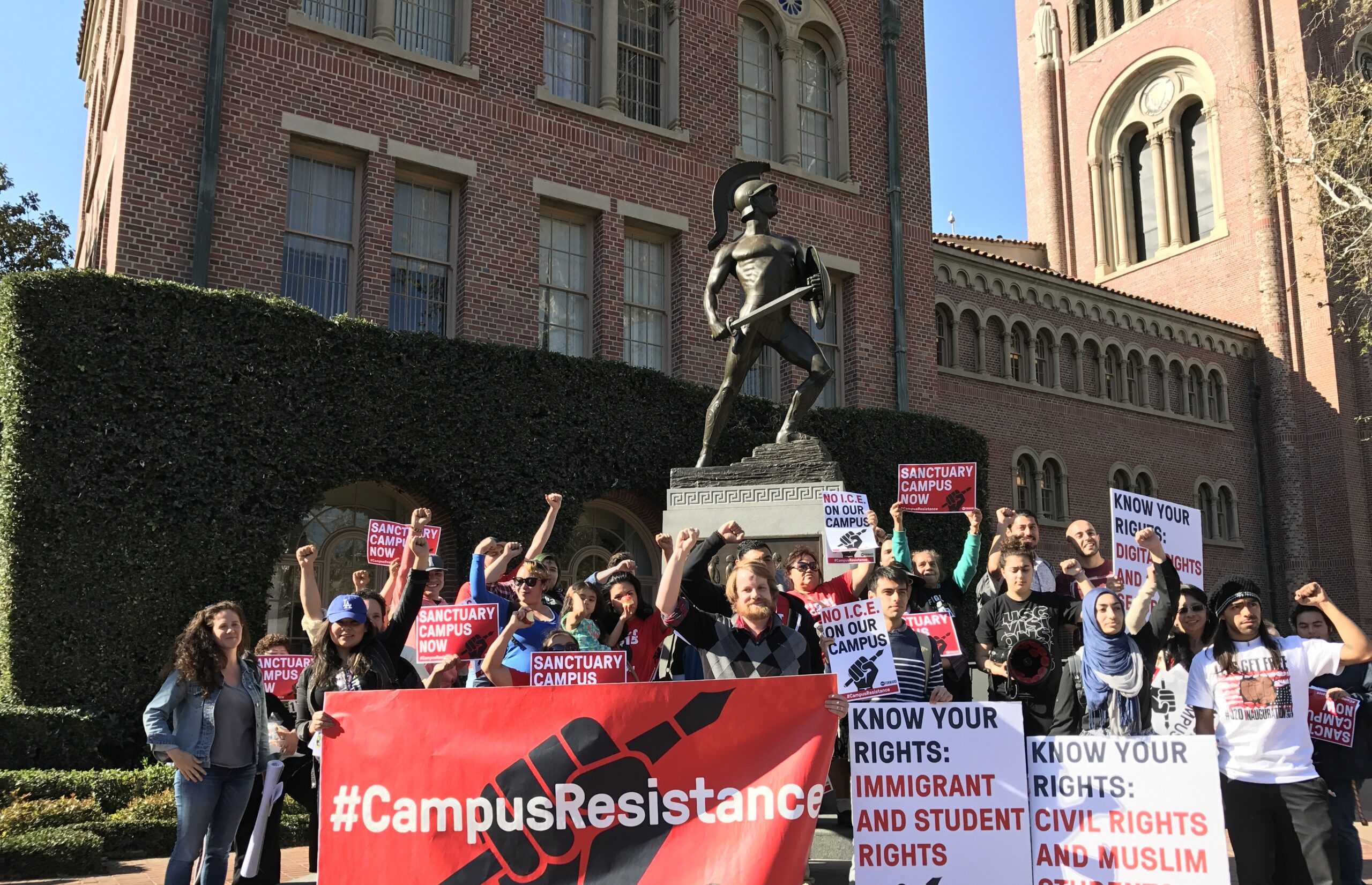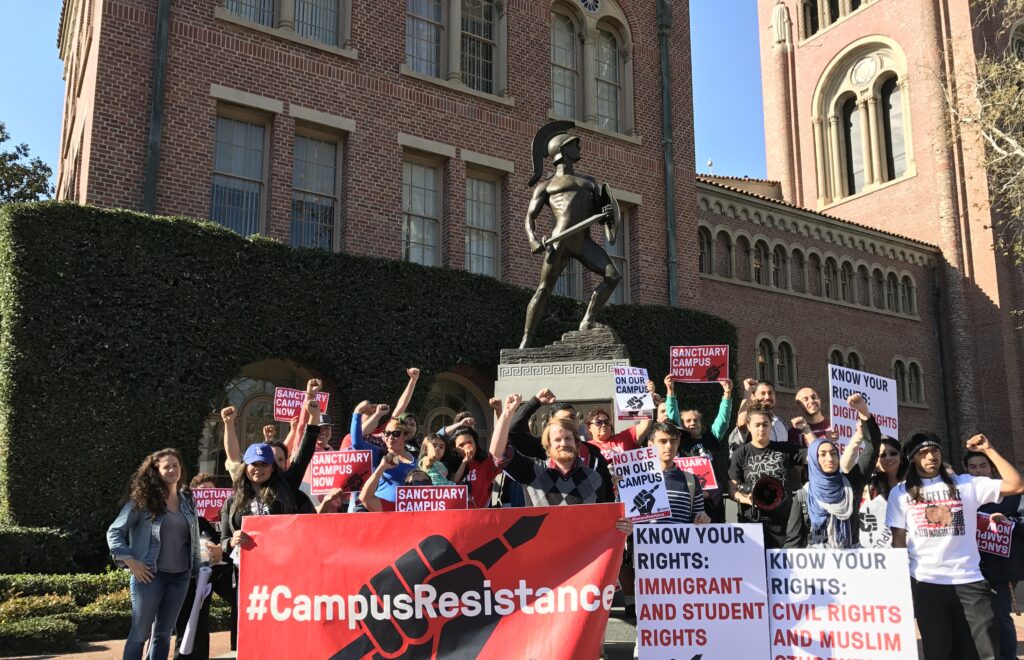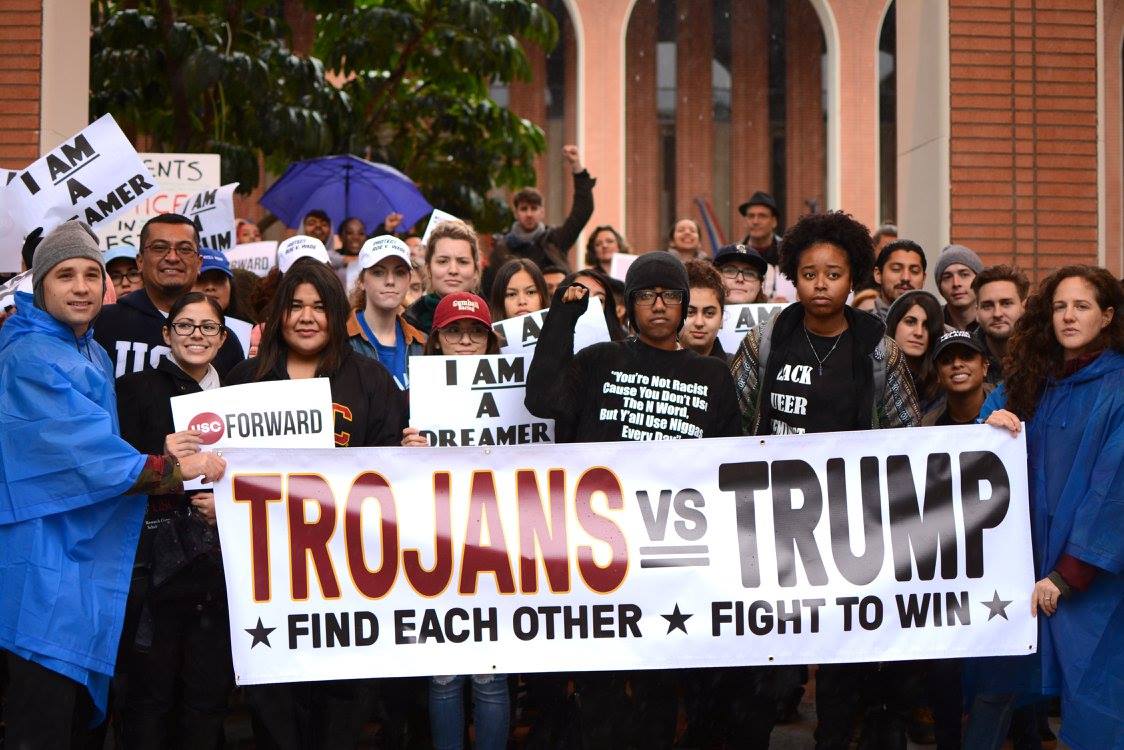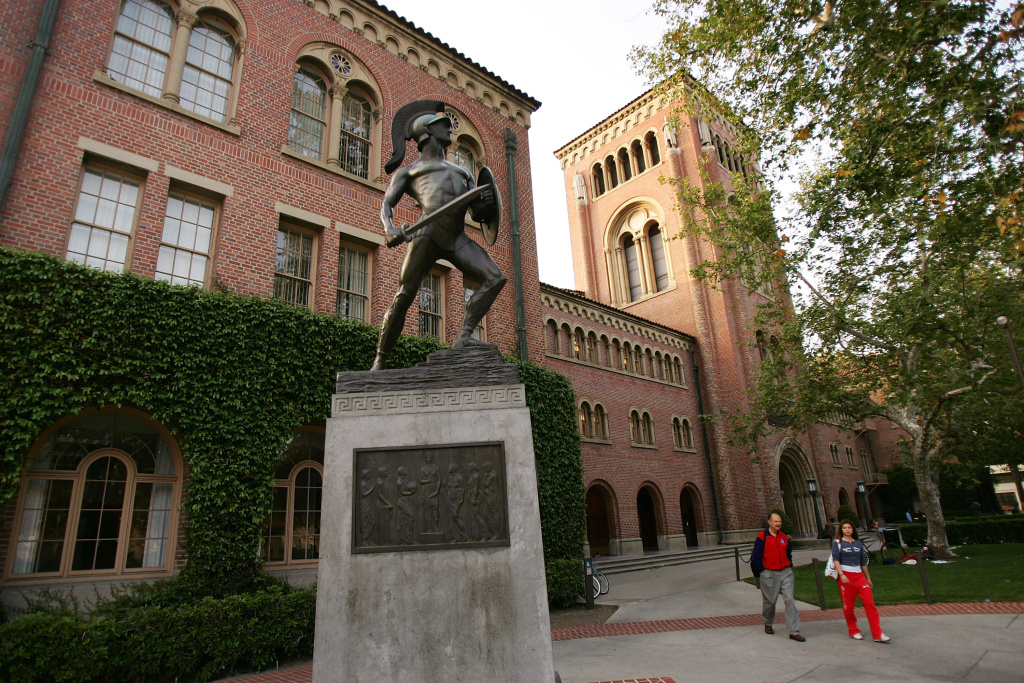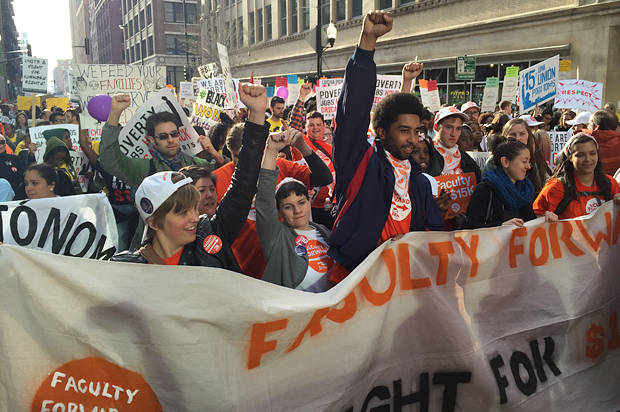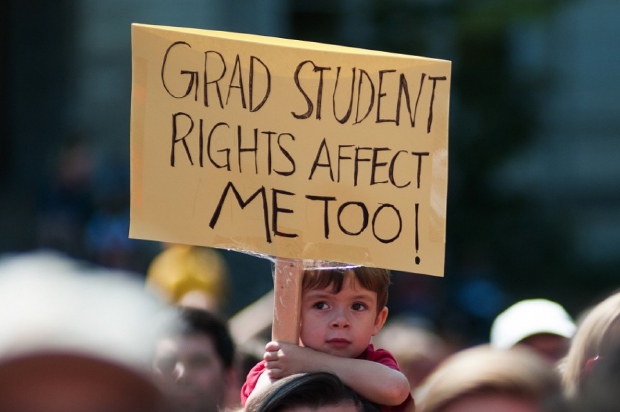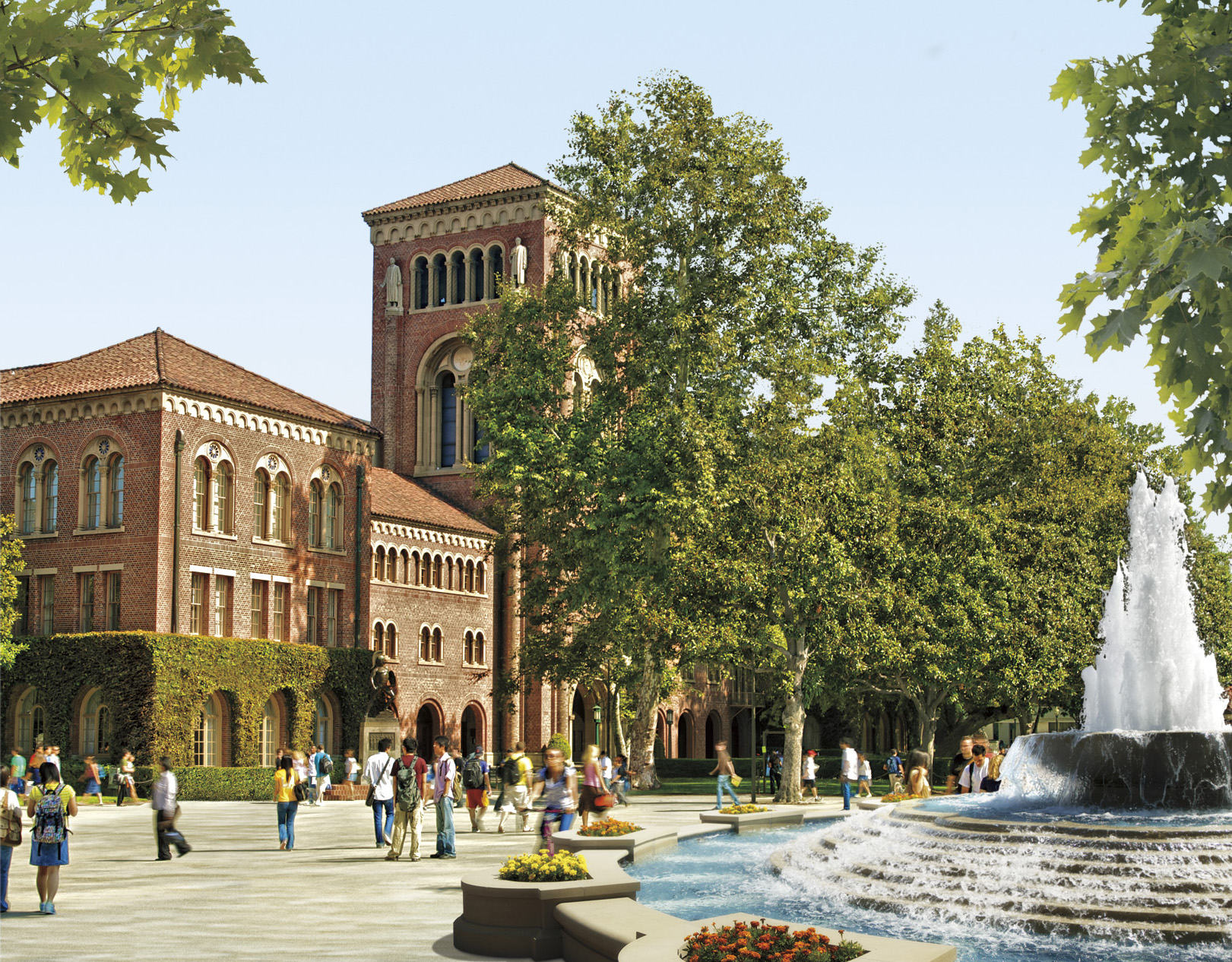Dear Fellow Graduate Student Employees:
We are writing to share why we are coming together to improve our working conditions and to ask you to join us.
As you may have heard, graduate student teaching and/or research assistants at private colleges and universities now have the the right to form unions and negotiate over the terms of their employment. Graduate student workers are vital to the mission of higher education. Our teaching, grading and instructional support are core components of undergraduate education; our lab work and fieldwork underwrite major new discoveries and innovations; our research and scholarship contribute both to the broad advance of knowledge and to the reputation of our institution.
Yet graduate needs, perspectives and voices are too often overlooked. Over the past few months, we have spoken with our colleagues across our universities about a range of issues impacting graduate students. Several core themes emerged from these discussions, including: concerns about rising costs of living; inadequate flexibility in healthcare coverage; lack of basic workplace protections; the need for better workplace harassment and discrimination policies; the imposition of continuation fees and other financial burdens; and sudden changes to our contracts and work conditions.
As graduate student workers, we need a strong, united voice in order to effect change on these and other issues. We believe the best way to improve our working conditions is by coming together to form a union for graduate student workers on our individual campuses and to unite with our peers at universities across the country.
While graduate employee unions are not new, we are now part of a national movement. We are standing up and saying it’s time for the people responsible for the core mission of instruction and scholarship to have a voice in the decisions that impact our degree path, our livelihoods, and the future of higher education.
In the past three years, non-tenure track faculty at nearly 50 universities voted to form a union under the banner of SEIU Faculty Forward—joining a nationwide movement of 120,000 SEIU members who work in higher education. Graduate student unionization campaigns are underway at peer institutions such as Duke, Northwestern, Saint Louis University, Vanderbilt and others. By forming a graduate student union with SEIU, we can join our colleagues on campus and across the country in order to improve our work conditions and the quality of higher education as a whole.
Improving our working conditions will benefit not only graduate student workers, but also our students, our faculty and the administration:
-
Undergraduate students deserve teachers, graders and teaching assistants who can be fully engaged in providing the best possible education. Financial insecurity, inadequate health and childcare, unclear teaching guidelines, and uneven work expectations detract and distract from this mission.
-
We also believe that workplace protections, fair grievance procedures and consistent, transparent employment policies for graduate student workers will improve health, productivity and outcomes.
-
Faculty rely on graduate student workers for assistance with research and instruction and will benefit from healthy, happy, productive graduate students, as will the university as a whole.
By working together, we can positively impact our working conditions in ways that benefit the educational and research mission of our universities.
If you’re ready to take the first step to making improvements, click here to sign a union authorization form today, or fill out the form at the bottom of this page. You should also feel free to contact us directly to answer questions about how forming a union would raise standards for our jobs, students, and profession and to find out more about how you can get involved.
We hope you will join us!
Edward Muna, University of Southern California
Kenneth McCarthy Bolster, University of Southern California
Petrina Crockford, University of Southern California
Sabeen Ahmad, Vanderbilt University
Jackson Christopher Bartlett, Northwestern University
Jean Clifford, Loyola University of Chicago
Elizabeth Eikmann, Saint Louis University
Max Freeman, Northwestern University
Connor Gadek, American University
Justin Hubbard, Vanderbilt University
Lisa Madura, Vanderbilt University
Paulo G. Martinez, Vanderbilt University
Ben Meiners, Washington University in St. Louis
Jesse Montgomery, Vanderbilt University
Imani Mosley, Duke University
Aitza M. Haddad Nuñez, J.D., Howard University
Sebastian Ramirez, Vanderbilt University
Lyle Rubin, University of Rochester
Shahrazad Shareef, Duke University
Kelly Swope, Vanderbilt University

